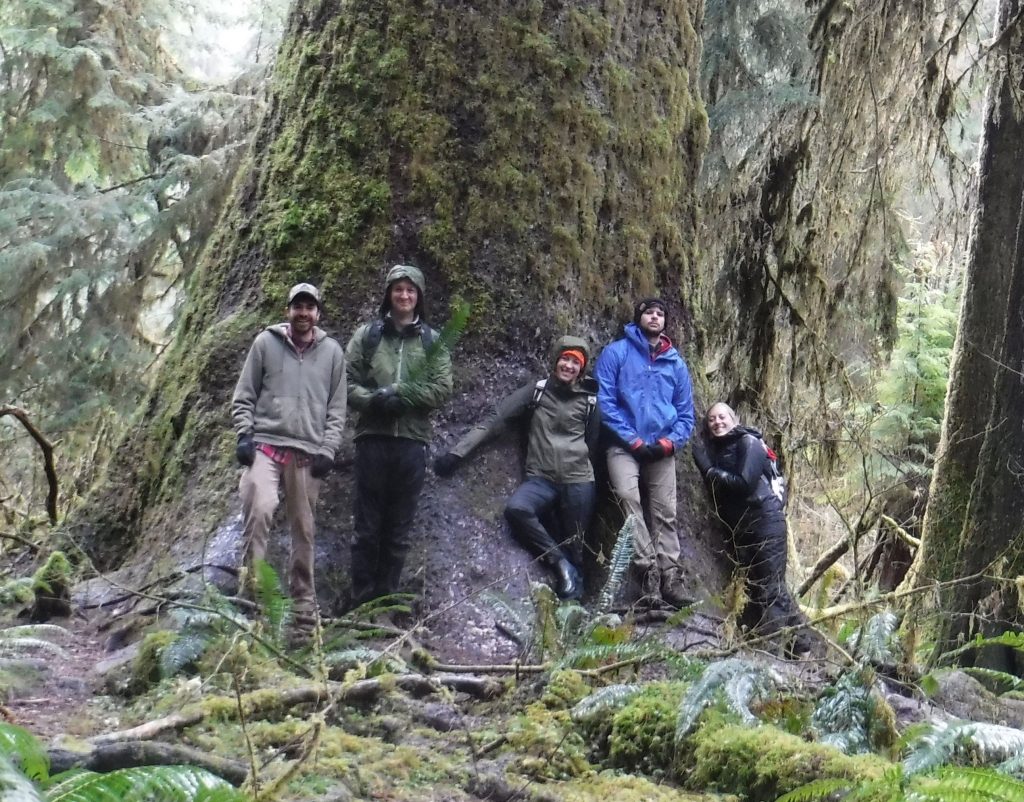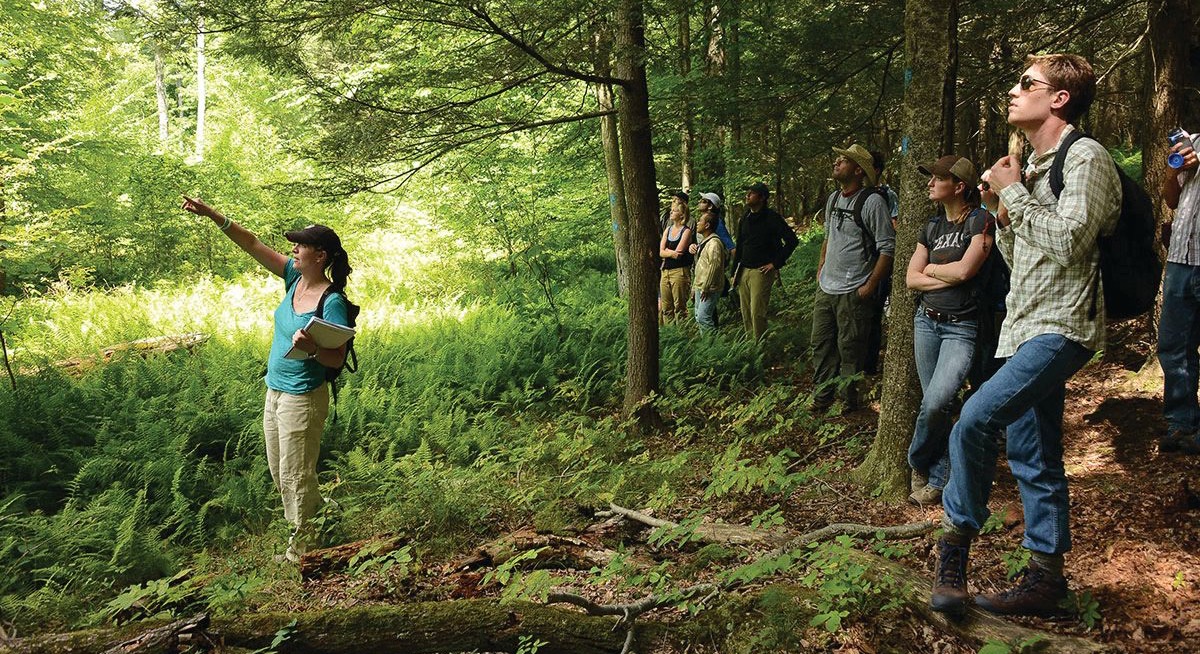On July 1, the Yale School of Forestry & Environmental Studies will be known as the Yale School of the Environment. Simultaneously, we will establish The Forest School at the Yale School of the Environment in recognition of the ongoing importance of forestry. The new Forest School builds upon Yale’s traditional strength — and creates exciting new opportunities.
Stand dynamics. Second-growth forests. Silviculture. Watershed hydrology. Ecosystem ecology. Community forestry. Forest finance. Ecosystem services. Forest policy and governance.
What would sound foreign to most makes perfect sense to anyone who has come to study at our school. These subjects— and many of the more important advances in forestry and land conservation — have roots here. As a graduate myself and a faculty member for several decades, I presume I’m not the only one who takes great pride in this fact.
Since our school’s establishment, forestry has provided us with our foundation. It’s one of the most mature forms of environmental management and surely one of the oldest. It has structure in its skills and its professional recognition. Today forestry and understanding the human and biophysical attributes of a forest ecosystem still work as a strong anchor to the history of our School and provide students in all areas of study with that critical structure in their academic experience.
A new name will not change this — our forestry program is strong today and will only get stronger.
The creation of The Forest School within the Yale School of the Environment will ultimately solidify the long-term sustainability of the forestry program at Yale in several ways:


It will secure 12 endowed teaching positions, creating a core group of faculty members who represent the different disciplines of forestry and the natural and social sciences.
Creating a forestry school within a larger entity also neatly organizes our outstanding forest-related centers and programs under one banner. The pressing issues taught and researched by groups like the Urban Resources Initiative, The Forests Dialogue, the Environmental Leadership & Training Initiative, The Yale Forests, and the Tropical Resources Institute are vital to the future of forestry. Bringing them closer together encourages and facilitates the type of synergistic relationships that benefit our students, faculty, and program staff.
The master’s programs for forestry and forest science will receive substantial endowed support to facilitate teaching and research among faculty and students, which includes workshops, apprenticeships, and fieldwork conducted across the world. Combining these unique opportunities with our position as a forestry school will allow us to more directly target potential forestry students in areas we haven’t been able to reach, particularly in rural regions. We can engage them digitally through webinars and a robust communications plan, partner with more rural universities, and network with our forestry alumni working in academia and the profession to identify promising undergraduate students across the world.
But perhaps the most exciting potential for The Forest School will be what I like to call hybrid vigor. One of our biggest strengths, from the beginning, has been that humanities and social sciences are put on equal footing with physical and biological sciences. It allows us to bring in students from a diversity of backgrounds who are prepared to apply systems thinking and problem-solving to the technical aspects of forestry. Our position within a larger entity will expand their knowledge beyond forestry in areas like urban development, climate adaptation and mitigation, industrial and business synergies in resource use, and environmental justice.
The Forest School will create a critical stream of fresh ideas and perspectives about how we can sustain forests and their value to society well into the future, bringing a new dimension of hybrid vigor to the field of forestry.
This essay appears in the spring issue of Canopy magazine. Mark Ashton, the Morris K. Jessup Chair of Silviculture and Forest Ecology,is also director of the Yale Forests and the senior associate dean of the Yale Forest School.
Forest Machine Magazine is written and edited by a forest professional with over 40 years hands on experience. We are dedicated to keeping you informed with all the latest news, views and reviews from our industry.
To support us you can subscribe to our bi-monthly magazine which is delivered to your door from only £30 per year.
Subscribe here

